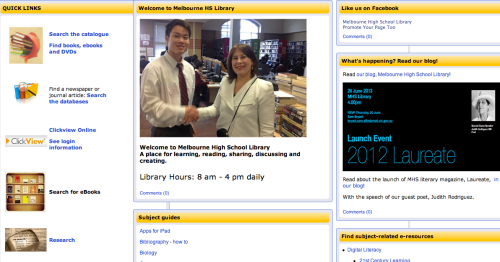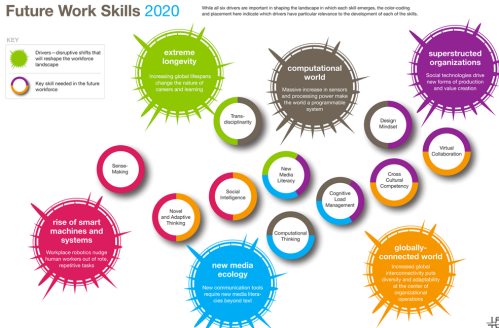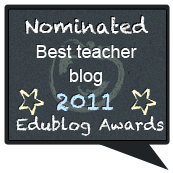This week I did a 10 minute presentation to the Curriculum Committee. Our involvement with the faculties varies so it’s always a good idea to remind faculty heads about how teacher librarians can support them and work with them. I’ve summarised the gist of the message with each slide.
Slide 1: How do you view the library; it’s a matter of perception
Think about what the library means to you as faculty head.
Slide 2: The library is more than just books
We are physical, virtual, events, ubiquitous information, skills training
Slide 3: We do not live in Library Land
We are not a free-floating entity
We are part of mechanism that drives the teaching and learning in the school, and if not, we are of no real significance.
Slide 4: We are part of the whole production
We work with you to develop programs and projects, we resource and teach collaboratively.
Whatever works for you, we are flexible.
Slide 5: Ch-ch-ch-ch-ch-changes
This has been a year of change.
There have been so many changes for us.
Slide 6: New culture: the quiet library
Changed culture in the library – respect for quiet study, time out.
First time this year, we hope that there will be an ongoing acceptance of the way things are.
It’s been good, we’ve been surprised to see how many students prefer to come to a disciplined space and study, even with the choice not to come.
Slide 7: We look forward to next year
New entrance and open space for chilling and reading.
New discussion rooms including development of collection for teachers’ reading, both recreational and professional.
More flexibility – 3 or even 4 discussion rooms
We would like to see classes come in and use the physical collection
and so that we can be involved in their research/writing processes.
We need to think about organising our spaces to cater for the whole school and not just VCE.
Slide 8: Changes to the way we work
Changes in TL roles: taking responsibility for certain faculties
Getting to know you and your subject area and needs in a deeper way
Continuing our collaboration with you – talking about what you need, coming to your faculty meetings, supporting you with resources, teaching the skills your students need – critical evaluation of resources including the glut of information available to them, becoming lifelong learners, skills they will take with them into university and beyond.
Slide 9: What we’ve been doing
We’ve been working with faculties to support teachers and students
If you haven’t seen us, please come and see us about what we can do for you and with you.
Slide 10: If we don’t have what you need, we can create it
Have you seen the revised library website homepage – easier navigation
We can tailor-make guides – for example Art project and English Language or Vis Com.
Slide 11:
We help you embed skills, for example, this is what they might incorporate:
Digital Citizenship
eg copyright and plagiarism, web evaluation, citation and referencing,
research skills (tab from Library Home)
Slide 12: Our Facebook page
Like it!
Slide 13: Our blog
Follow it!
Slide 14: Pinterest – Playing with new ways of curating online resources
My Pinterest boards
Boards can be
subject related, for a specific project (eg This sporting life), subject-related extras to dip into (eg History – images, videos), technical tutorials (eg Google),
Pinterest links of interest:
book trailers
YA book reviews
Supporting and creating curriculum –
Text based resources eg Death of a Salesman
Thematic studies: Banned books
English – Issues
Art – Pattern: Islamic
Digital Citizenship – Digital literacies
Slide 15 – Make time to talk to us
Please make a time with us to talk about how we can support you in your teaching or support your students
to create digital resources on the platform of your choice.










